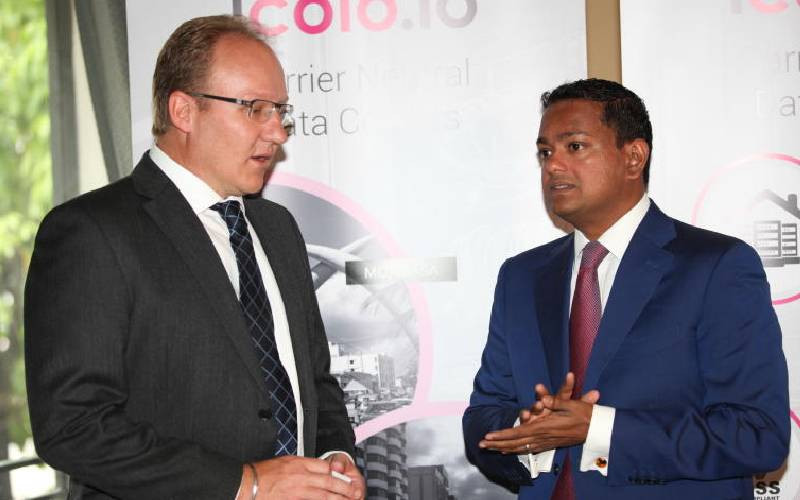×
The Standard e-Paper
Join Thousands Daily

Nyali can get really hot. Air conditioning is almost always on in most houses, but no building needs that blast of cool air more than Mombasa Two, or MBA2, a data centre built and operated by iColo.com.
Inside the building, cooling is mandatory for the thousands of servers stowed in racks. It consumes over half of all the energy the building uses.